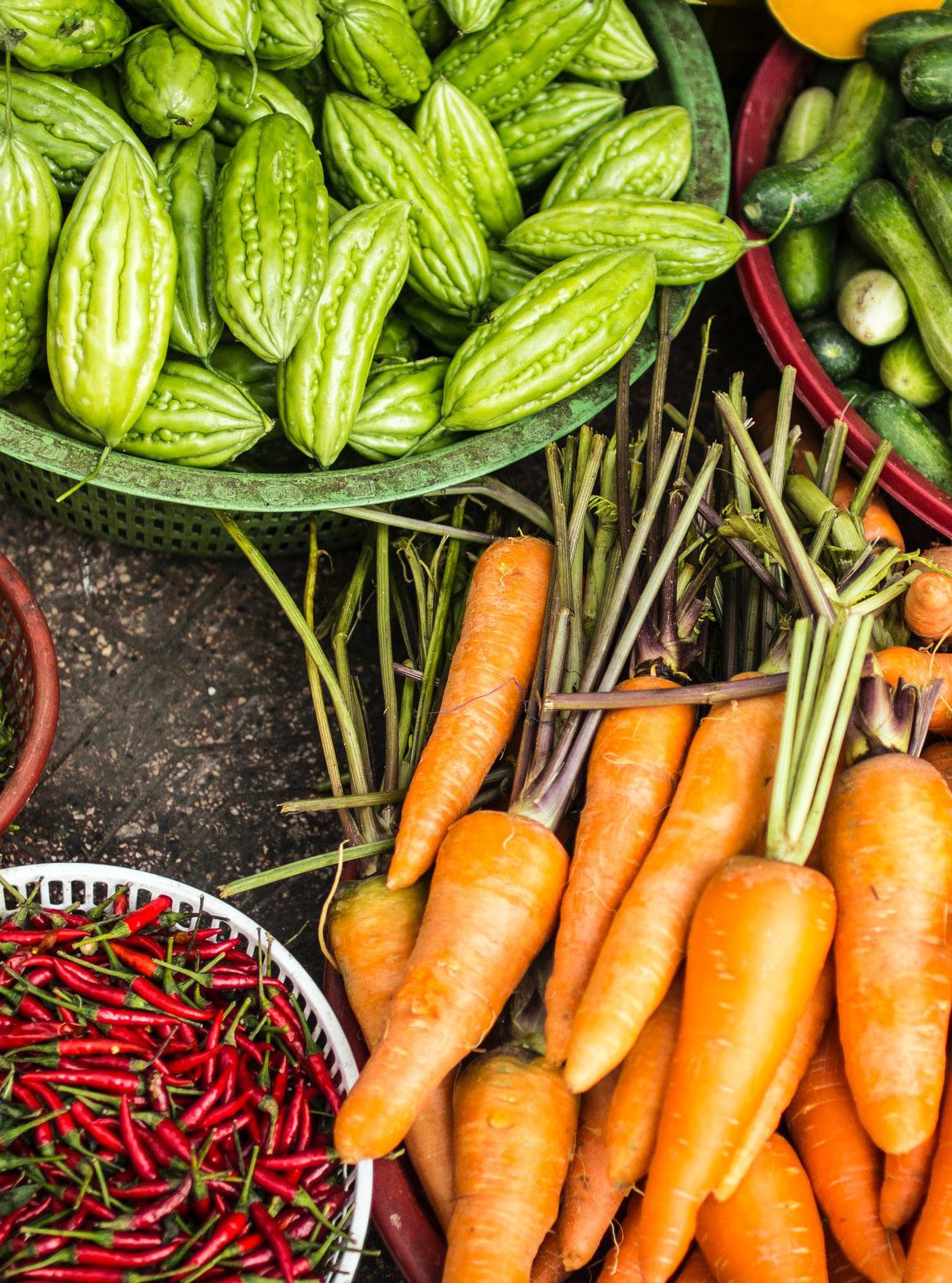
2 minute read
How will AfCFTA incentives contribute to turning around the huge food import bill of the continent?
Ms Jane Ezirigwe’s presentation outlined how Africa’s increased food demand and the changing consumption habits driven by population growth and urbanisation have led to rapidly rising net food imports, which are expected to grow from US$35 billion in 2015 to over US$110 billion by 2025. Policy considerations must take advantage of the availability of low-cost labour and abundance of natural resources and raw materials in Africa. The Food and Agriculture Organisation (FAO) estimates that the cumulative global investment required to stimulate sub-Saharan Africa’s agriculture and downstream support services, amounts to US$940 billion (from 2006 to 2050) and about US$500 billion for key commodity value chains in Africa. Only 10 African countries (Mauritius, South Africa, Seychelles, Morocco, Tunisia, Botswana, Algeria, Kenya, Egypt and Namibia) are ranked among the top 100 most competitive countries in world, as per the 2018 Global Competitiveness Index. How do we make the African country investment attractive?
The agricultural sector is one of the most affected by climate change since it causes losses of 25% of agricultural output in Africa. She further mentioned that African farmlands and rangelands are increasingly degraded, causing farmers to face declining yields. In many cases, the impact has been so great that land can no longer support large herds of livestock.
Advertisement
She emphasised that the focus should be on building powerful linkages between the manufacturing and food industry activities and the rural world, ensuring that intra-African trade is beneficial to all, not just a few. Her contribution stressed the need for this sector to incorporate the needs of women and youth.
Her contribution emphasised government’s role in facilitating the creation of an enabling environment that provides agricultural inputs, agricultural financing, and promotes intra- and inter-sectorial value addition towards regional development. Mr Wandile Sihlobo echoed these points, adding that two non-trade issues need to be addressed. He highlighted the employment opportunities that lie in the agriculture sector. There is also an urgent need to improve land governance on the continent. Rwanda is doing well regarding land administration through instituting long leases. However, in South Africa, the former homelands continue to face challenges in this regard. On the biological issues, Mr Sihlobo mentioned the need to appreciate the gains brought about by GMOs. This is because the current average yield is below two tonnes per hectare, while in South Africa and Brazil that have embraced GMOs, they produce four to five tonnes per hectare. If Africa does this, it will close the trade deficit and retain resources previously allocated to food importation inside the continent. Successful case studies of this include Ivory Coast and Egypt (with wheat) and Kenya (with tea). He emphasised that Africa has a much bigger market among its members and should take advantage of that.
For South Africa, the AfCFTA has come at an opportune moment because the country is export-oriented (to the tune of US$10.5 billion), and only 10% of that goes to the African continent, with 80% of African exports concentrated within the SADC region. As such, the continent can take advantage of the leverage that South Africa has. There is also a lot of rice farming potential in Nigeria, and yet for South Africa, this is where the country has the third biggest expenditure. This means Nigeria can prioritise exporting rice to South Africa. Mr Sihlobo stressed the need for production of commodities at competitive rates, from raw materials to agro-processing levels.







